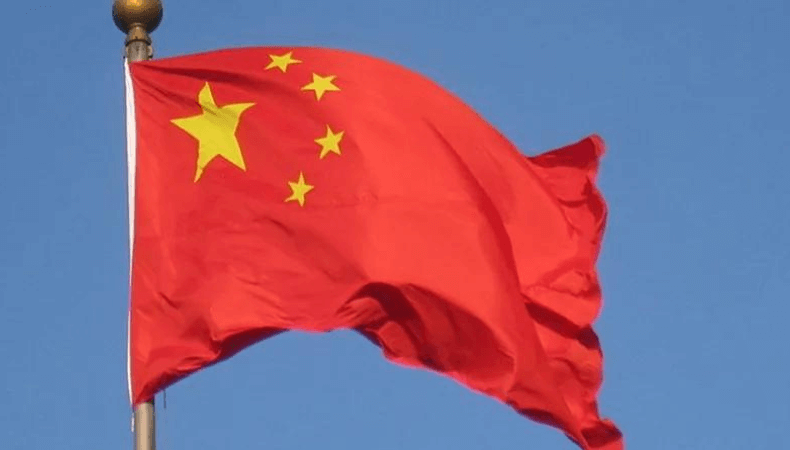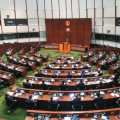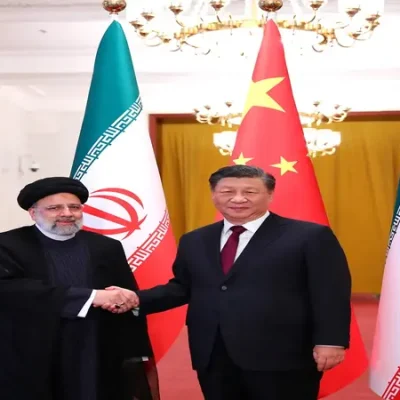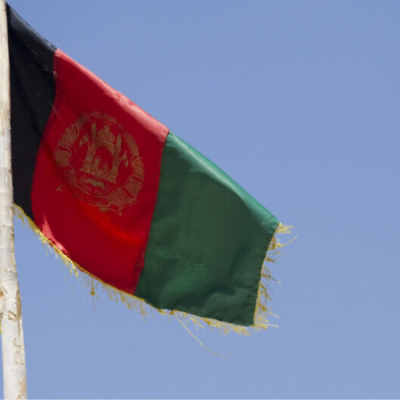China’s Non-Intervention Policy in the Middle East: A Boon or a Bane?

China’s non-intervention policy is one of the core principles of its foreign policy, which is based on the Five Principles of Peaceful Coexistence, namely mutual respect for sovereignty and territorial integrity, mutual non-aggression, non-interference in each other’s internal affairs, equality and mutual benefit, and peaceful coexistence. China has applied this policy to its relations with the Middle East, a region that has been plagued by conflicts, crises, and interventions for decades.
China’s non-intervention policy means that China does not interfere in the domestic affairs of other countries, does not impose its political system or values on others, does not take sides in disputes or conflicts, and does not use force or threats to achieve its interests. China also opposes any external intervention or interference in the region, especially by the Western powers, such as the US and its allies. China respects the sovereignty, independence, and choices of the Middle Eastern countries, and supports their efforts to maintain stability and development.
The Advantages
China’s non-intervention policy has brought some advantages to China and the Middle East, such as:
China’s non-intervention policy has enhanced China’s image and reputation in the region, as it has shown a more consistent, respectful, and cooperative approach to the Middle East and its people. China has gained the trust and confidence of its partners and friends in the region, who have appreciated China’s respect for their sovereignty and interests, and its support for their development and prosperity. China has also distinguished itself from the Western powers, who have been criticized and resented for their interventionist and hegemonic policies, and their double standards and hypocrisy.
China’s non-intervention policy has increased China’s economic and strategic interests in the region, as it has enabled China to expand its trade, investment, and cooperation with the Middle Eastern countries, without being constrained or affected by the political and security issues. China has become the largest trading partner and a major investor and infrastructure builder for many Middle Eastern countries, especially in the energy, transportation, and telecommunications sectors. China has also secured its access and influence in the region, which is vital for its energy security, market access, and geopolitical interests.
China’s non-intervention policy has contributed to the peace and stability in the region, as it has avoided adding fuel to the fire or escalating the tensions and conflicts in the region. China has also played a constructive and mediating role in some of the regional issues, such as the Iran nuclear deal, the Syrian civil war, and the Israeli-Palestinian conflict, by engaging and negotiating with all parties, and by supporting the UN and other multilateral mechanisms. China has also provided humanitarian and development assistance to the region, especially to the countries and people affected by war, poverty, and displacement.
Keep Reading
The Disadvantages
However, China’s non-intervention policy has also faced some disadvantages and challenges, such as:
China’s non-intervention policy has limited China’s influence and leverage in the region, as it has prevented China from taking a more active and assertive role in shaping the regional order and addressing the regional challenges. China has often been seen as a passive and reactive player, who follows rather than leads, and who benefits rather than contributes. China has also been unable to protect its interests and citizens from the risks and threats in the region, such as terrorism, piracy, and instability, and has relied on the US and other powers to provide security and stability.
China’s non-intervention policy has exposed China to criticism and pressure from the international community, especially from the Western powers and the human rights groups, who have accused China of being indifferent or complicit to the human rights violations and atrocities committed by some of the Middle Eastern regimes, such as Syria, Iran, and Saudi Arabia. China has also been challenged and isolated by the US and its allies, who have tried to contain and counter China’s growing presence and influence in the region, and who have imposed sanctions and restrictions on China and its partners.
China’s non-intervention policy has created contradictions and dilemmas for China’s foreign policy, as it has clashed with China’s other principles and interests, such as the promotion of multilateralism, the defense of international law, and the protection of its nationals and assets.
China has also faced difficulties and trade-offs in balancing its relations with different and competing actors in the region, such as Israel and Iran, Saudi Arabia and Qatar, and Turkey and Egypt, and in reconciling its economic and strategic interests with its political and moral values.








